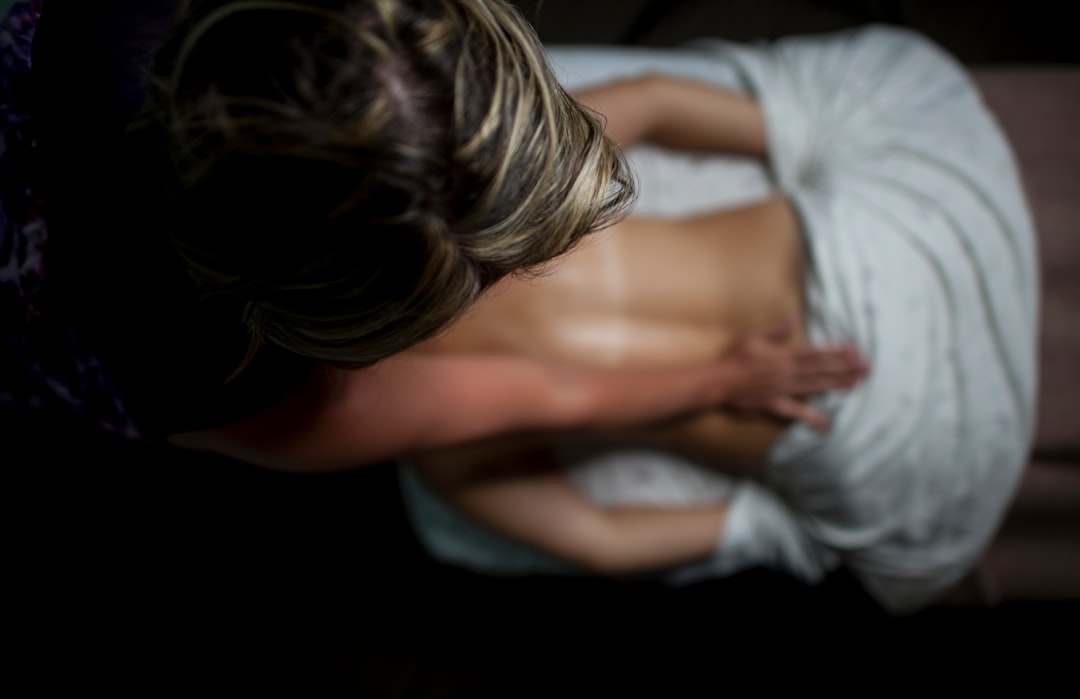Maryland ensures client safety through stringent licensing regulations for massage therapists, requiring 500 hours of approved training, written and practical exams, background checks, and continuing education. Adherence to these standards prevents massage abuse, with specialized law firms addressing issues promptly. The state's robust legal protections, including these law firms, maintain high service quality and safeguard clients from unethical practices.
Maryland’s licensing requirements for massage therapists ensure client safety and regulate the practice of massage therapy within the state. This comprehensive guide explores the key steps and regulations, including understanding the licensing process, meeting specific criteria, and adhering to massage abuse laws.
By delving into these aspects, we aim to empower both aspiring therapists and clients in Maryland to navigate the legal landscape, fostering a safe and therapeutic environment while highlighting the role of massage abuse law firms in maintaining integrity within the industry.
Understanding Maryland's Massage Therapy Licensing

Maryland takes the licensing of massage therapists seriously, implementing stringent regulations to protect its residents from potential massage abuse. Understanding these requirements is essential for anyone looking to practice as a massage therapist in the state. The process involves several steps, including completing an approved massage therapy training program and passing both written and practical examinations.
Once trained, candidates must apply for a Massage Therapy License through the Maryland Department of Health. This license is valid for five years and renewals require adherence to continuing education guidelines. Additionally, therapists are mandated to follow strict ethical standards, ensuring client privacy and safety. Should any concerns or complaints arise regarding massage abuse, Maryland has legal avenues in place, with law firms specializing in such cases, to address these issues promptly.
Key Requirements for Massage Therapists in MD

In Maryland, becoming a licensed massage therapist involves adhering to stringent requirements set forth by the state’s licensing board. One of the key aspects is ensuring consumer protection against potential massage abuse. This includes completing an approved training program that covers a minimum of 500 hours of study, demonstrating proficiency in various massage techniques and contraindications.
Additionally, therapists must pass a comprehensive written exam to showcase their knowledge of anatomy, physiology, and pathology. Maryland also mandates specific background checks and continuing education to maintain licensure. Adhering to these requirements not only ensures the highest standards of care but also safeguards clients from unethical practices, with massage abuse law firms in Maryland playing a crucial role in addressing any complaints or issues that may arise.
The Role of Massage Abuse Law Firms

In Maryland, the role of massage abuse law firms is crucial in ensuring that clients receive professional and safe services. These law firms specialize in addressing issues related to massage therapy, including cases of professional misconduct, negligence, and abuse. They play a vital part in protecting consumers by holding therapists accountable for their actions and helping victims seek justice.
Massage abuse law firms in Maryland offer legal expertise tailored to the unique challenges faced by clients in this industry. They educate both therapists and clients about state regulations and ethical practices, thereby fostering a culture of integrity within the massage therapy community. Through their work, these firms contribute to maintaining high standards in the field, ensuring that Maryland residents receive quality care without fear of harm.
Ensuring Client Safety and Compliance

In Maryland, ensuring client safety is paramount in the massage therapy industry. All therapists must adhere to strict licensing requirements set by the state to prevent massage abuse and protect consumers. The Maryland Board of Massage Therapy regulates and supervises the practice, establishing guidelines for safe practices and ethical conduct. Therapists are required to complete a comprehensive training program, pass rigorous exams, and maintain ongoing education to obtain and renew their licenses.
Compliance with these standards is crucial to maintaining a professional environment. It includes adhering to proper sanitation protocols, obtaining informed consent from clients, and being aware of any medical conditions or contraindications that might affect treatment. Moreover, massage therapists in Maryland must be well-versed in the state’s laws regarding client privacy, record-keeping, and reporting any suspicious activities or potential cases of abuse to the appropriate authorities. This commitment to safety and compliance fosters a positive image for the profession while safeguarding clients’ interests.
Resources for Licensed Massage Therapists in Maryland

In Maryland, licensed massage therapists have access to a range of resources to support their professional development and practice. The state’s Board of Massage Therapists provides a wealth of information, including continuing education requirements, which are essential for maintaining licensure. Therapists can also find valuable networking opportunities through local chapters of the American Massage Therapy Association (AMTA), enabling them to connect with peers and stay updated on industry trends.
Additionally, Maryland offers specific protections for clients under the massage abuse law, ensuring a safe environment for everyone involved. Should any issues or complaints arise, licensed therapists can turn to reputable massage abuse law firms in Maryland for guidance and legal support. These resources collectively contribute to fostering a professional and ethical practice within the state’s wellness industry.






